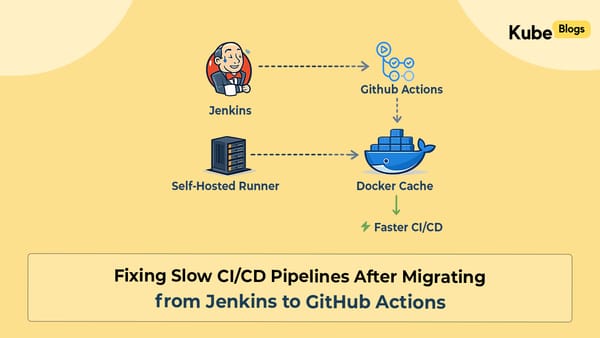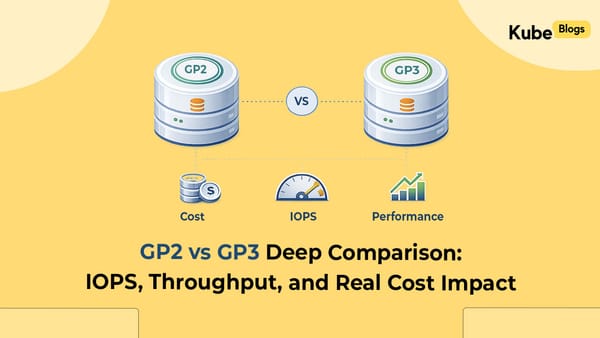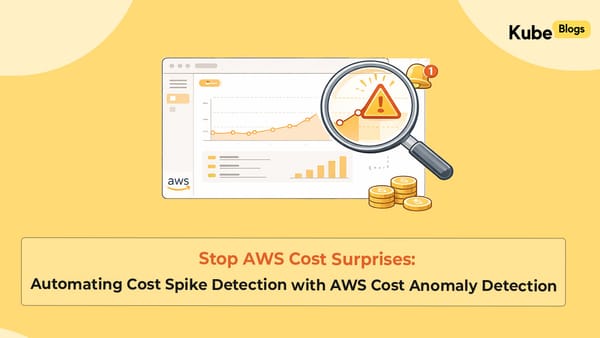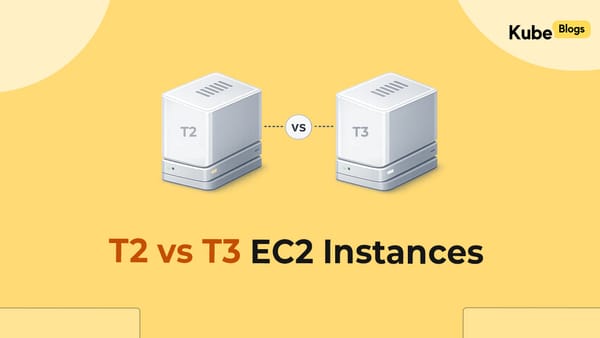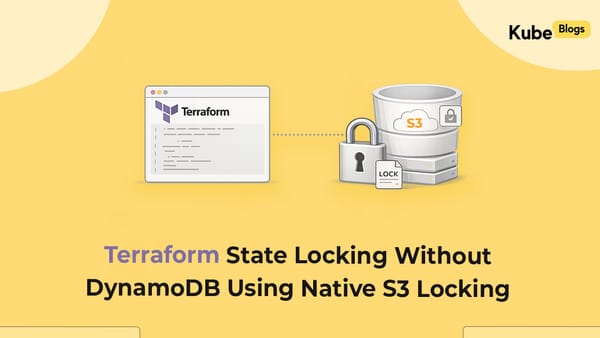Table of Contents
Did you know you can send emails directly to a Slack channel? This can be really powerful, especially if you have legacy applications that don't support webhooks for sending messages on Slack.
Slack provides an email app that transforms any channel into an email inbox, giving each channel a unique email address.
Setting Up Email Integration
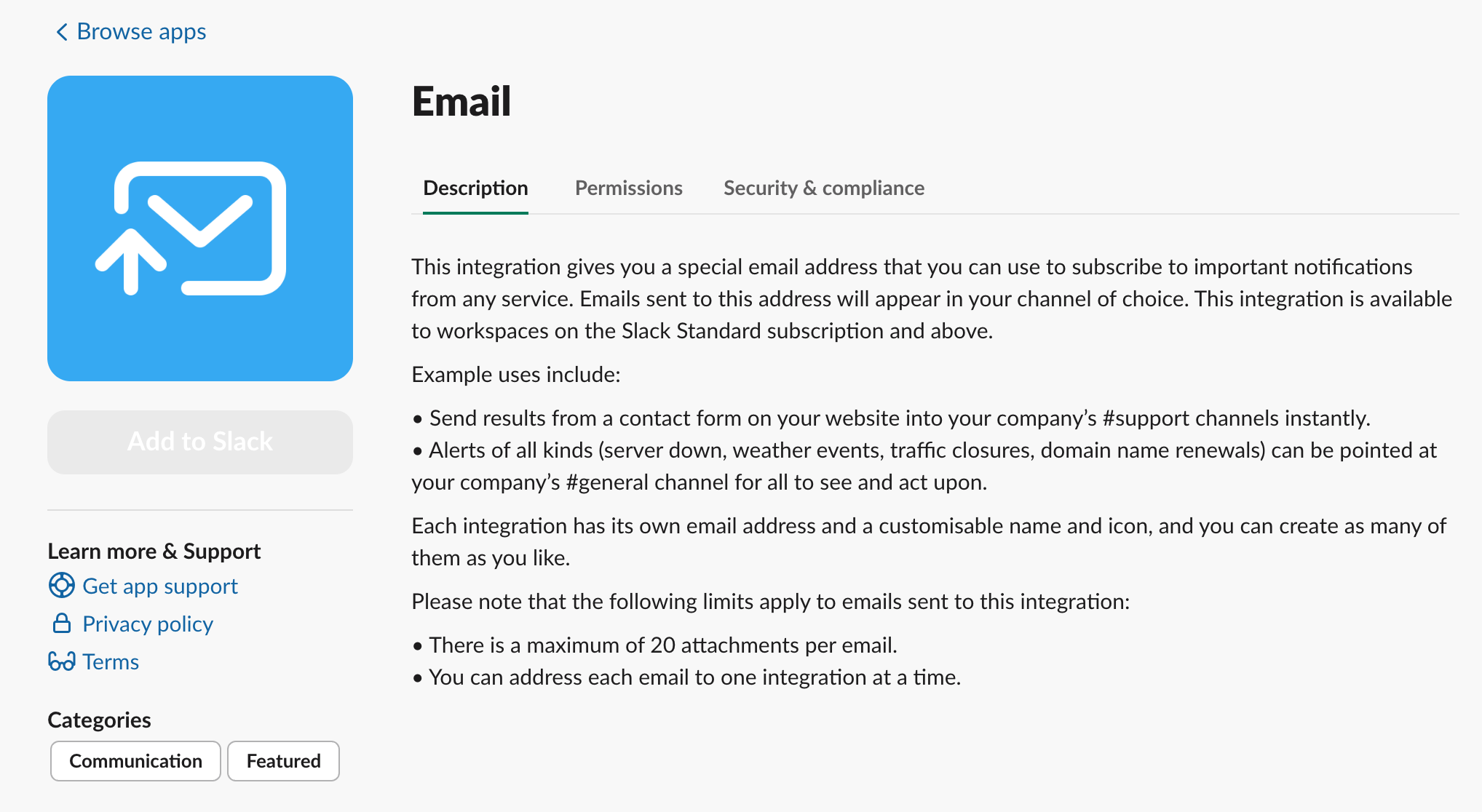
Access your Slack workspace as an admin and navigate to the App Directory. Search for "Email" and install the official Email app by Slack. The app requires workspace admin permissions to configure email addresses for channels.
After installation, join the target channel where you want to receive emails. Type /email in the channel to generate a unique email address. Slack creates an address in the format: randomstring+channelname@yourworkspace.slack.com
Copy this email address—you'll use it as the destination for your email integrations.
Common Integration Scenarios
Monitoring Alerts
Configure your monitoring tools (Prometheus, Grafana, Datadog) to send alerts to the channel email address. Most monitoring platforms support SMTP configuration, where you can add the Slack email as a notification endpoint.
CI/CD Pipeline Notifications
GitHub Actions, Jenkins, and GitLab CI can email build results directly to your deployment channel.
# GitHub Actions workflow
name: Deploy Notification
on:
workflow_run:
workflows: ["Deploy to Production"]
types: [completed]
jobs:
notify:
runs-on: ubuntu-latest
steps:
- name: Send email to Slack
uses: dawidd6/action-send-mail@v3
with:
# provide smtp settings here
Infrastructure Notifications
AWS SNS, Azure Monitor, and GCP Pub/Sub can route infrastructure events to Slack channels through email subscriptions.
For AWS SNS:
Create an SNS topic for your infrastructure alerts
Add the Slack channel email as an email subscription
Configure CloudWatch alarms to publish to the SNS topic
aws sns subscribe \
--topic-arn arn:aws:sns:us-east-1:123456789012:infrastructure-alerts \
--protocol email \
--notification-endpoint abc123+infrastructure@yourworkspace.slack.com
Benefits of Slack Email Integration
- No Webhook Required:Works with any email-capable system
- Centralized Notifications: All alerts in one place
- Easy Setup: Minimal configuration required
- Cost-Effective:No additional services needed
- Real-time Updates: Instant notification delivery
Best Practices for Slack Email Integration
- Channel Organization: Create dedicated channels for different types of alerts
- Email Formatting: Use clear subject lines and structured content
- Rate Limiting: Avoid sending too many emails to prevent spam
- Monitoring: Track email delivery success rates
- Backup Plans: Have alternative notification methods as fallback.
Troubleshooting Common Issues
- Emails Not Appearing:Check channel permissions and app installation
- Delivery Delays: Verify SMTP configuration and network connectivity
- Spam Filtering: Ensure proper email authentication (SPF, DKIM)
Conclusion
Bringing in your emails to Slack is too simple, but still a lot of people don't know about it. Try this next time when you need it.
KubeNine helps organizations optimize their DevOps workflows and monitoring strategies. Contact us at KubeNine—DevOps and Cloud Experts to discuss your team's alerting and collaboration needs.


